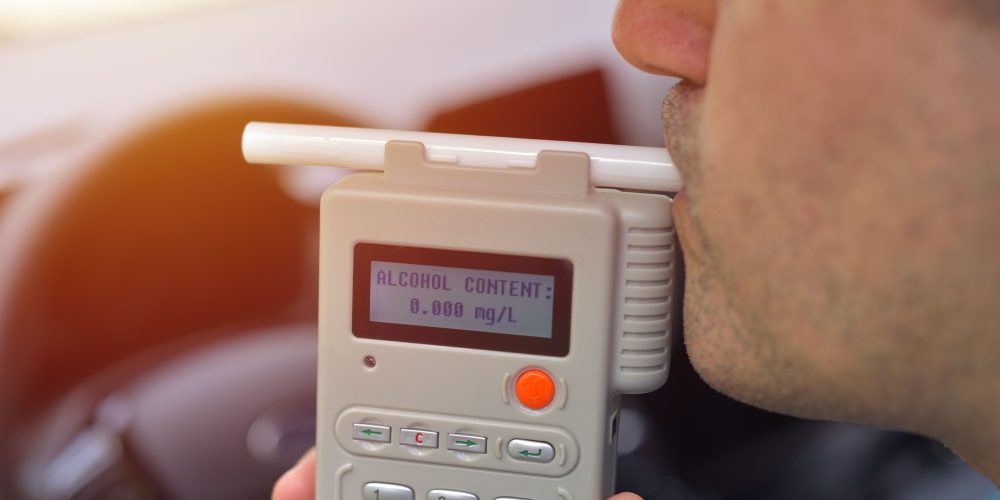Utah’s Blood Alcohol Content Limit: A Pioneering Approach to Drunk Driving Laws
Utah has distinguished itself from the rest of the United States by adopting one of the strictest blood alcohol content (BAC) limits for drivers. While most states adhere to the national standard of 0.08%, Utah lowered its legal BAC limit to 0.05% in 2018, becoming the first state in the nation to do so. This decision has sparked both praise and controversy, but its impact on road safety and public health is undeniable.
The Rationale Behind Utah’s Lower BAC Limit
The move to lower Utah’s blood alcohol content limit was driven by a growing body of research highlighting the dangers of driving with any amount of alcohol in the system. Studies have shown that cognitive and motor functions necessary for safe driving are impaired at BAC levels as low as 0.05%. Drivers at this level are approximately 38% more likely to be involved in a crash compared to sober drivers .
Utah’s decision was also influenced by global trends. Many countries, including Australia, France, and Germany, have long enforced a 0.05% BAC limit or lower, and these nations have seen significant reductions in alcohol-related traffic incidents . The state’s lawmakers believed that adopting a similar standard could enhance public safety and reduce the number of drunk driving fatalities.
The Legislative Journey: How Utah’s BAC Limit Changed
The legislative push to lower Utah’s BAC limit began in earnest in 2017. The bill, HB155, was introduced by Representative Norman K. Thurston and quickly gained support from public health advocates, law enforcement agencies, and traffic safety organizations. Proponents argued that the change would save lives and reduce the societal costs associated with drunk driving.
Despite opposition from some sectors of the hospitality industry, which feared the law could negatively impact tourism and alcohol sales, the bill passed both houses of the Utah Legislature and was signed into law by Governor Gary Herbert in March 2017. The new law officially took effect on December 30, 2018, just before the New Year’s Eve celebrations—a time notorious for drunk driving incidents .
The Impact of Utah’s 0.05% BAC Limit
Since the implementation of the 0.05% BAC limit, Utah has seen significant improvements in road safety. In the year following the law’s enactment, fatal car crashes in the state dropped by nearly 20% . This reduction is attributed not only to the lower BAC limit itself but also to its deterrent effect. The new law has made drivers more cautious about drinking before getting behind the wheel, knowing that the threshold for impairment is now stricter.
Critics of the law had initially expressed concerns that it would lead to a decrease in alcohol sales and harm the state’s tourism industry. However, these fears have not materialized. According to data from the National Highway Traffic Safety Administration (NHTSA), the law had no significant impact on alcohol sales, restaurant revenues, or tourism. Instead, it appears that Utah residents and visitors alike have adapted to the stricter regulations by choosing alternative transportation options, such as rideshares, when they have been drinking .
Why Utah’s BAC Limit Matters
Utah’s pioneering move to lower its BAC limit has reignited the national debate on the appropriate legal threshold for drunk driving. Public health experts and traffic safety advocates argue that more states should follow Utah’s example, citing the state’s success in reducing traffic fatalities. They point to studies suggesting that if the entire country were to adopt a 0.05% BAC limit, it could prevent thousands of alcohol-related deaths each year.
Moreover, the stricter BAC limit in Utah has underscored the importance of legal representation for those charged with DUI. With the threshold for impairment now lower, more individuals may find themselves facing DUI charges even after consuming what they believe to be a safe amount of alcohol. Navigating the legal complexities of a DUI case under these stricter standards requires professional assistance.
How 1800DUILaws Can Help
At 1800DUILaws.com, we understand the challenges faced by individuals charged with DUI, particularly in states like Utah with stricter BAC limits. Our free attorney matching service connects clients with experienced DUI attorneys who can provide the legal guidance needed to navigate the complexities of DUI laws. Whether you are dealing with the lower BAC limit in Utah or facing charges in another state, having qualified legal representation can make a significant difference in the outcome of your case.
What You’ve Learned
Utah’s decision to lower its blood alcohol content limit to 0.05% has positioned the state as a leader in the fight against drunk driving. The law has already had a measurable impact on road safety, reducing fatal crashes and encouraging more responsible behavior among drivers. As other states consider following in Utah’s footsteps, the debate over BAC limits continues to evolve. For individuals charged with DUI, understanding these laws and securing skilled legal representation is more important than ever.








